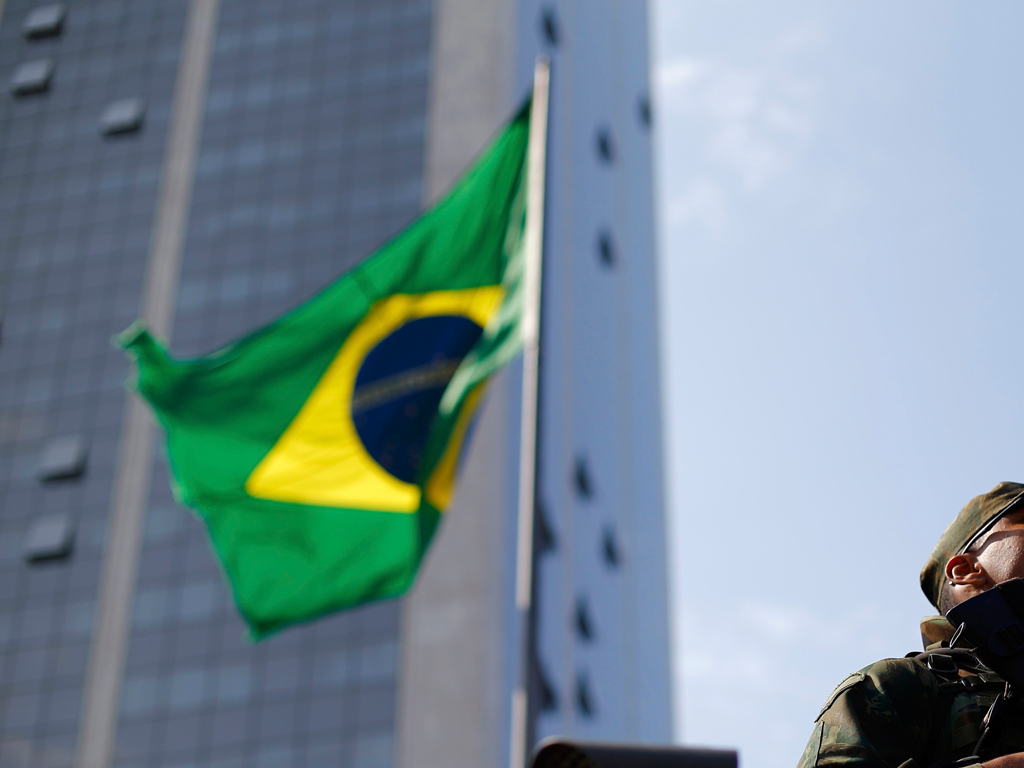 BRASILIA: Brazil's government faces another year of strict fiscal discipline, its 2020 budget proposals on Friday showed, as it battles to bring spending under control, shrink the deficit, and gradually move the public accounts closer to balance.
BRASILIA: Brazil's government faces another year of strict fiscal discipline, its 2020 budget proposals on Friday showed, as it battles to bring spending under control, shrink the deficit, and gradually move the public accounts closer to balance.
In order to meet these increasingly difficult challenges, the government will put forward a constitutional amendment to existing budget rules, Waldery Rodrigues, special secretary to the Economy Ministry, said.
"The government will send a constitutional amendment proposal in due course that will confront this budget problem head on, there is no way we can manage the budget with current rules," Rodrigues told reporters in Brasilia.
Next year will be the seventh consecutive year in which public spending will exceed revenues, severely restricting the government's scope to pay off debt, invest or ease fiscal policy.
As a result, investment spending will fall next year to 19.36 billion reais, the lowest level in at least a decade, from an already historical low of around 27 billion reais this year. Discretionary spending is projected to be 89.3 billion reais
The 2020 budget proposals show the government expects to post a primary deficit, before interest rate payments are taken into account, of 124.1 billion reais ($30 billion), which would follow this year's expected deficit of 139 billion reais.
That will derive from an anticipated social security deficit of 244.2 billion reais, partially compensated for by a 120.1 billion reais surplus at the Treasury and central bank.
Brazil's nominal budget deficit, which includes interest payments, is much wider and poses a more serious problem, Rodrigues said, adding that he hopes it can be reduced to 5.4% of gross domestic product by 2022 from around 6.5% currently, through asset sales, privatizations and concessions.
"Spending must be reduced, and it will be," Rodrigues said. "A better primary balance is a necessary, but not sufficient, condition for fiscal balance ... but our biggest concern is with nominal deficit. Our main goal is to improve the nominal balance," he added.
The 2020 budget proposals also note that the government faces a shortfall of 367 billion reais to meet its "golden rule" prohibiting the issuance of debt to pay for current spending, which Rodrigues said will be met by a bill seeking supplementary credit.
Brazil's government expects the economy to grow by 2.17% next year and inflation to come in at 3.91%, the report showed.
























Comments
Comments are closed.